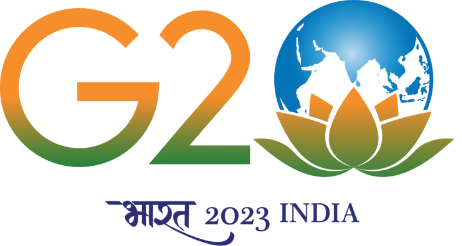
- Home
- About Us
- Constituents
- Projects
- Resources
- NCERT Initiatives for Inclusive and Accessible Education
- Cyber Safety & Security
- Brochure on ICT Initiatives
- Catalogue
- Comics on Conservation of Environment - PCRA & NCERT (Hindi)
- eContent Guidelines
- Journals
- Newsletters
- UNESCO Resources
- eContent Evaluation
- Mahatma Gandhi
- Reports
- Learning Objects
- Audio Books
- MOOCs on SWAYAM
- Alternative Academic Calendar
- ICT Initiative
- Events
- Transmission
- Announcements
- SIETs
- RTI
- People
- Contact Us
Sociology XII Part-I
Sociology is an interesting subject attempting to understand nature and structure of society, functions of social institutions and their impact on our lives. Sociology is academic and systematic study of society we live in. This course introduces you to Indian Society. In the various Modules of this course we will discuss about the Demographic structure of the Indian Society, population, its expansion and what are the various aspects of demographic composition. There are Modules focussing upon significant social institutions such as religion, caste, tribes, family and Kinship. There is an attempt to understand the nature and structure of these institutions and how these institutions have changed in the contemporary times because of forces of modernity and change. Also, what are the essential elements within these institutions that have remained unchanged in spite of many changes. The course also introduces the learners to institution of market, traditional forms of exchange, transaction among various communities and evolution of markets. Yet another important aspect discussed in the course is of cultural diversity in India. Related to forms of various social institutions, what are the sources of diversity, how this diversity is manifest in everyday life, how are different groups related to one another, and how they interact with groups and communities placed at different levels in social hierarchy. One of the important challenge is to manage cultural diversity and maintain harmony and peace among diverse groups. Cultural diversity and differences can also be sources of social inequality, exclusion and discrimination. The course will discuss some of the important aspect and dimensions of inequality.
In sum, the course offers a brief introduction to social, economic and politic institutions, which defines the basic shape and contours of Indian society.








